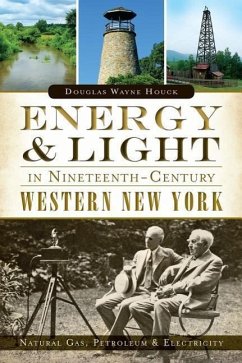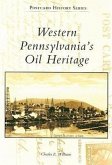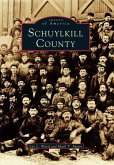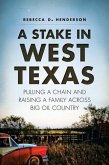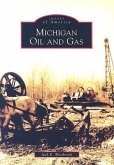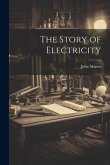When the Marquis de Lafayette came to Fredonia in 1825, he found the village illuminated by natural gas--the first such community in the world. While most Americans relied on candles for illumination, early settlers near Fredonia noticed bubbles that could be lighted rising from the bed of the Canadaway Creek and developed technology to collect enough to light the village. Another man, Dr. Francis Brewer, realized that the thick black substance could be converted to lamp oil, and it was suggested that if enough could be found, it could provide an inexpensive way to light the world. Join local author Douglas Houck as he tells the story of the first commercial developments of natural gas and petroleum products in the nineteenth century.
Hinweis: Dieser Artikel kann nur an eine deutsche Lieferadresse ausgeliefert werden.
Hinweis: Dieser Artikel kann nur an eine deutsche Lieferadresse ausgeliefert werden.

